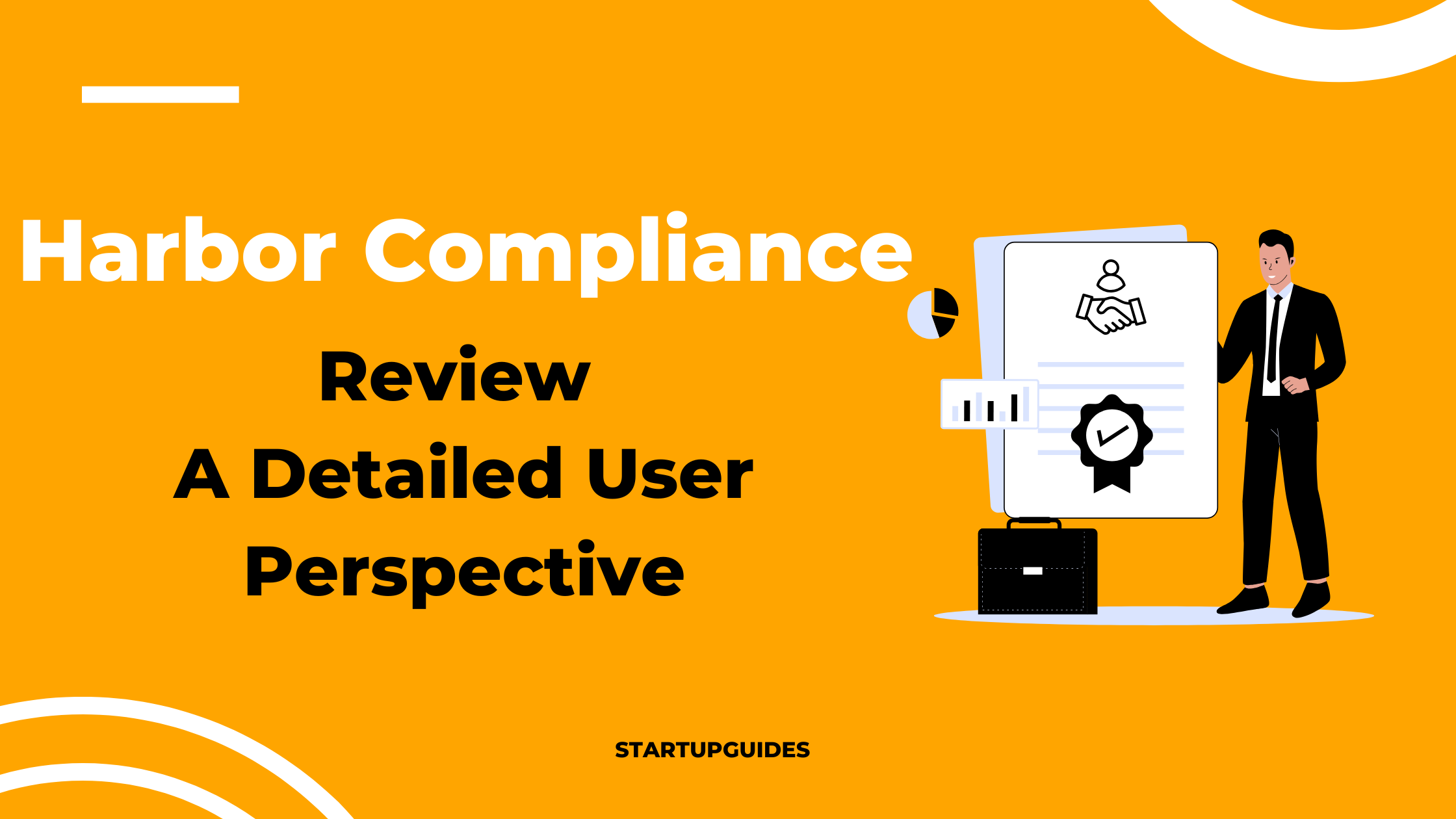Starting a business is an exciting venture, but it requires careful planning, proper legal registration, and a thorough understanding of the local market. Washington State, known for its innovative culture, diverse economy, and strong support for small businesses, provides a great environment for entrepreneurs to thrive. If you’re thinking about starting a business in Washington, this detailed guide will walk you through the essential steps, from planning your business to registering it and launching it successfully.
How to Start a Business in Washington?
Embarking on a business journey in Washington is no small feat, but with the right steps, you can set yourself up for success. Here’s a step-by-step guide on how to start your business in Washington.
Step 1: Create a Business Plan
A business plan is the foundation of any successful business. It acts as your roadmap and provides a clear direction for your startup. Whether you’re seeking investors or planning to self-fund, a well-written business plan is essential.
What to include in your business plan:
- Executive Summary: This is an overview of your business, including your mission statement, the products or services you offer, and your target market.
- Business Description: Provide more detailed information about your business, what makes it unique, and how you plan to achieve success.
- Market Research: Conduct research to understand the industry, your competitors, and your target audience. Knowing your market will help you create a successful business strategy.
- Organizational Structure: Define your business’s structure. Will it be a sole proprietorship, partnership, LLC, or corporation? This decision will affect your taxes, liability, and overall business operations.
- Products or Services: Describe what you’re selling or the services you’re providing. Make sure to highlight what sets you apart from competitors.
- Marketing Strategy: How do you plan to attract and retain customers? This could include online marketing, word-of-mouth, and traditional advertising methods.
- Financial Plan: This section should include projected income statements, balance sheets, and cash flow statements for at least the first three years of your business. A solid financial plan will help you track your business’s health and make informed decisions.
While creating a business plan may seem daunting, it’s necessary for understanding the feasibility of your business and securing funding if needed.
Step 2: Choose a Business Entity in Washington
Selecting the right business entity is crucial as it influences your taxes, liability, and other legal aspects of your business. Washington offers several types of business structures, each with its pros and cons.
Sole Proprietorships
A sole proprietorship is the simplest form of business entity, where you as the owner and the business are legally the same. It’s easy to form and maintain, but the downside is that you have unlimited personal liability. This means your personal assets, like your home or car, could be at risk if the business faces financial troubles.
Limited Liability Company (LLC)
An LLC is a popular choice for many entrepreneurs because it offers limited liability protection, meaning your personal assets are generally safe from business debts and lawsuits. An LLC also allows more flexibility in management and taxation. Washington’s LLC registration is straightforward, and the process typically takes only a few days. However, you will need to pay a $200 filing fee.
Limited Liability Partnership (LLP)
If you’re planning to run your business with partners, an LLP might be a suitable choice. It provides liability protection for each partner, meaning they are not personally liable for the actions of the business or other partners. However, forming an LLP involves some legal formalities, and you must file with the Washington Secretary of State.
Corporation
A corporation is a separate legal entity from its owners and shareholders, providing the highest level of liability protection. While forming a corporation offers advantages, such as the ability to issue stock and raise capital, it also comes with more regulations and paperwork. Washington offers both S-corporation and C-corporation options, and each has different tax implications.
Your choice of business entity will depend on your business goals, risk tolerance, and tax preferences. It’s highly advisable to consult with a legal or financial expert to make the best decision for your business.
Step 3: Determine Your Washington Business Costs
Every business comes with its own set of expenses, and understanding your startup costs is vital to ensuring that you have enough capital to get your business off the ground. Some of the most common expenses to consider include:
- Legal and registration fees: This includes filing for your business entity, registering a trade name, and applying for licenses and permits.
- Office or retail space: If you’re leasing a space, you’ll need to factor in rent and utilities.
- Insurance: You’ll need to budget for general liability insurance, workers’ compensation (if you have employees), and other types of coverage depending on your business.
- Marketing and advertising: Whether you’re paying for ads, creating a website, or developing marketing materials, this is an essential cost to keep in mind.
- Supplies and equipment: These could include anything from office furniture to machinery or software.
- Salaries and wages: If you have employees, you’ll need to consider payroll expenses.
By determining your startup costs, you can create a more accurate business plan and financial forecast. Be sure to account for ongoing operational costs as well as initial investments.
Step 4: Name Your Business in Washington
Choosing a business name is an exciting step but also a critical one. Your business name will be the face of your brand, so it should be memorable, relevant to your products or services, and easy to spell and pronounce. Additionally, in Washington, you’ll need to ensure that the name you’ve chosen is unique and available.
Here’s how to go about naming your business:
- Check name availability: Use the Washington Secretary of State’s online business name search tool to check if your desired name is already taken.
- Consider trademarks: If you plan to expand nationally or internationally, you may want to check if the name is trademarked to avoid legal issues.
- Domain name: In today’s digital age, it’s important to check if the domain name is available for your business. Having a matching website domain is crucial for online branding.
Once you’ve chosen your business name, you’ll need to register it with the state.
Step 5: Register Your Business in Washington
Registering your business with the Washington State government is a crucial step in making your business legitimate. This process varies based on your business structure, but here’s a general overview:
- Obtain a Unified Business Identifier (UBI): To register your business with Washington’s Department of Revenue, you will need a UBI. You can apply for this online.
- File formation documents: If you’re forming an LLC, corporation, or limited partnership, you must file the necessary formation documents with the Washington Secretary of State’s office.
- Registered Agent: A registered agent is a person or company who will receive official documents on behalf of your business. You’ll need to designate one when forming your business entity.
Once your registration is complete, you’ll receive a business license and can begin operating legally in Washington.
Step 6: Apply for Business Licenses and Permits
Depending on the nature of your business, you may need to obtain various licenses and permits to operate legally in Washington. These could include:
- State Business License: This is required for nearly every business in Washington. You can apply for this through the Washington Department of Revenue.
- Local Business Licenses: Depending on where your business operates, you may need to apply for licenses or permits from your city or county government.
- Specialized Industry Permits: If your business deals with food, alcohol, or regulated industries like healthcare, you may need additional permits from state agencies.
To make this process easier, Washington has an online Business Licensing Wizard that helps you determine which licenses and permits your business needs.
Step 7: Get a Bank Account
Opening a separate business bank account is crucial for managing your finances and protecting your personal assets. It simplifies accounting, tax filing, and cash flow management. Choose a bank that offers the services you need, such as business checking accounts, credit lines, and payment processing options.
When opening your account, you’ll typically need:
- Your business’s EIN (Employer Identification Number)
- Your business’s legal documents (e.g., LLC formation documents, partnership agreement)
- Your UBI (Unified Business Identifier)
Having a business bank account helps separate your personal and business finances, which is essential for liability protection.
Step 8: Market Your Business in Washington
Once your business is legally registered, it’s time to attract customers and grow your brand. A solid marketing plan can help you reach your target audience and build a loyal customer base. Here are some marketing strategies to consider:
- Create a website: A professional website is essential for modern businesses. It should showcase your products or services, provide contact information, and be optimized for search engines (SEO).
- Social media: Platforms like Facebook, Instagram, LinkedIn, and Twitter offer powerful tools to connect with potential customers and share your message.
- Local advertising: Consider advertising in local newspapers, magazines, or radio stations, especially if you have a physical location.
- Networking: Join local chambers of commerce, attend industry events, and meet other entrepreneurs. Building relationships can help generate leads and grow your business.
Effective marketing can help you differentiate your business from competitors and establish your brand in Washington’s competitive marketplace.
Important Information
Do You Need to Have Business Insurance?
Business insurance is not required by law in Washington unless you have employees. However, it’s a smart investment to protect your business from unforeseen circumstances. Common types of business insurance include:
- General Liability Insurance: Protects against claims of injury, property damage, or accidents.
- Workers’ Compensation Insurance: Required if you have employees, covering workplace injuries.
- Professional Liability Insurance: Protects against lawsuits related to professional advice or services.
Consulting with an insurance agent can help you determine the best coverage for your business.
What Is the Most Profitable Type of Business?
Profitability depends on factors like industry, location, and management. In Washington, tech startups, retail, healthcare, and hospitality businesses tend to be among the most profitable. However, the best type of business is one that aligns with your skills, interests, and market demand.
FAQs
How long does it take to start a business in Washington?
It generally takes a few days to a few weeks to register your business, depending on the business entity and method of registration. Obtaining necessary permits and licenses could take additional time.
Do I need a physical office to start a business in Washington?
Not all businesses require a physical office. Many online businesses or home-based businesses can operate from anywhere, but check with your local government to ensure compliance with zoning regulations.
Are there any grants or funding options available for new businesses in Washington?
Yes, Washington offers various grants and funding programs to support small businesses. You can explore options like the Washington State Department of Commerce, which provides resources and funding for businesses in certain industries.





